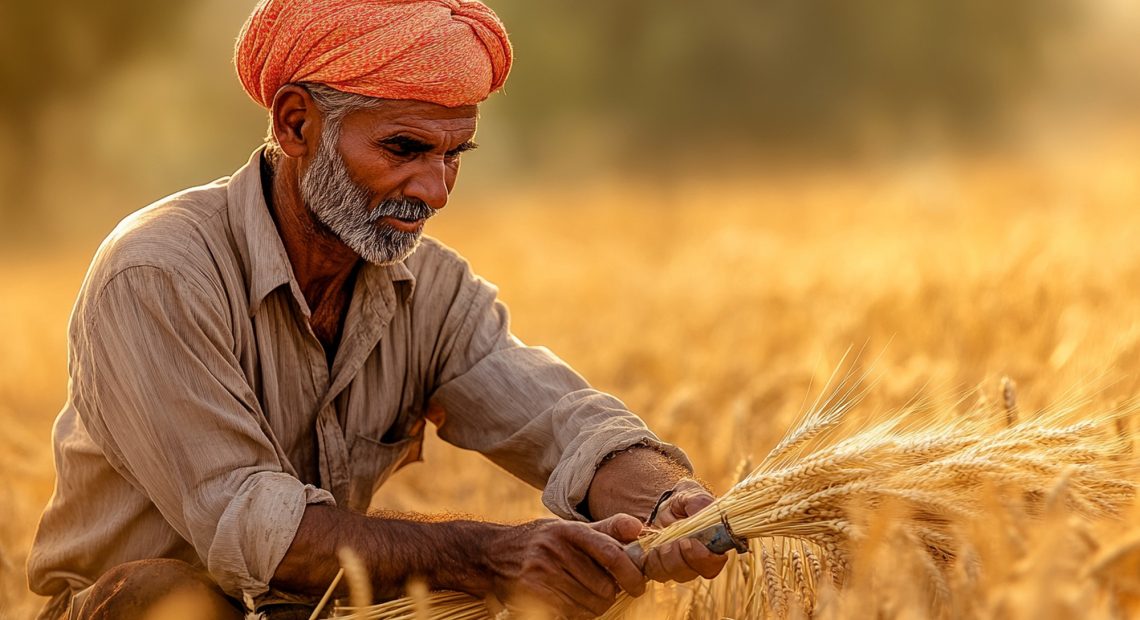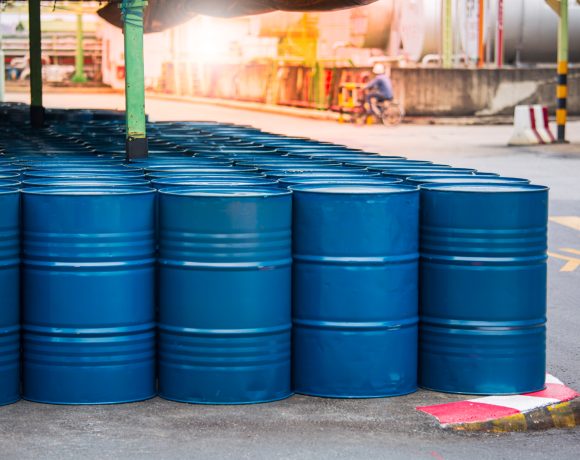
India Must Support Community Seed Banks for Food Security
On May 22, 2025, the Centre for Science and Environment (CSE) released a crucial report on the occasion of the International Day for Biological Diversity, underscoring the vital role of community seed banks in protecting India’s food security against climate risks. These locally-managed institutions, often run by farmer groups, NGOs, and women’s self-help collectives, focus on conserving traditional and climate-resilient seeds along with the associated indigenous knowledge.
According to the CSE report titled “Celebrating Community Seed Banks of India: Conversations on Climate-Resilient Seeds,” over 887 resilient seed varieties are preserved across 71 crops in these banks. However, due to limited documentation, the actual figure is likely to be much higher. These banks function through tested frameworks for seed selection, collection, preservation, and community-level distribution, making them an enduring solution to the challenges of agricultural sustainability.
Vibha Varshney, CSE’s lead on biodiversity and food, stated, “Traditional seeds are more resilient to extreme weather events… these seeds are naturally adapted to these extreme conditions.”
Climate-Resilient Seeds
Experts at the launch of the report emphasized the urgency of formally supporting and incentivizing farmers who safeguard these traditional seeds. G Krishna Prasad, founder of the Karnataka-based organic farming collective Sahaja Samrudha, said, “Maintaining enthusiasm among seed savers requires both recognition and incentives… Farmers and communities who conserve traditional seed varieties should be formally acknowledged as ‘custodians of biodiversity’.”
Vijay Jardhari, founder of the Beej Bachao Andolan in Uttarakhand, echoed this sentiment, adding, “Community seed banks are not just about saving seeds, they are about saving culture, nutrition, and self-reliance… A farmer’s personal seed bank ‘the bijunda’ is their insurance against hunger, inflation, and climate shocks.”
The report further urges the National Bureau of Plant Genetic Resources (NBPGR) to open its genebank to farmer exchanges, improving access to a wider array of climate-resilient seed options.
Food Security India
Community seed banks are increasingly seen as a frontline defense for food security in an era of climate uncertainty. With erratic monsoons, temperature spikes, and rising input costs, traditional seed varieties offer a cost-effective and environmentally sustainable alternative. Their use supports low-input farming while maintaining nutrition diversity and cultural integrity in Indian agriculture.
Despite their significance, many seed banks operate without sufficient financial or infrastructural support. To tackle these gaps, the CSE recommends:
- Recognizing seed savers as “custodians of biodiversity” in national agricultural policy
- Integrating seed banks into national-level conservation and food security strategies
- Providing targeted funding and technical infrastructure to scale operations
By institutionalizing these efforts, India can bolster its food systems’ resilience, preserve genetic diversity, and empower its farmers to adapt to the mounting pressures of climate change. Community seed banks are more than conservation hubs — they are living repositories of a nation’s agricultural heritage and future food security.


















